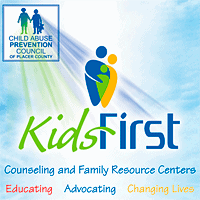Business litigation involves claims for breach of contract, fraud, misappropriation and the like. But, if the plaintiff was 65 or more years old at the time of the offense, an additional claim for financial elder abuse must be considered. Why?
Because proving elder abuse opens up additional remedies not necessarily available for these other claims. For example, unless you’re suing over a contract that contains an attorneys’ fees clause, the plaintiff cannot recover her attorneys’ fees in business litigation. However, the elder abuse statutes change all of that. Welfare & Institutions Code § 15657.5 provides that, upon proof by a preponderance of the evidence “that a defendant is liable for financial abuse” under Welf. & Inst. Code § 15610.30, “in addition to [compensatory damages] all other remedies otherwise provided by law,” the court shall award attorney fees and costs, including the cost of the services of a conservator devoted to the litigation of a claim for financial abuse. Wood v. Jamison (2008) 167 Cal.App.4th 156, 164-165. Moreover, attorneys’ fees are unilateral to the plaintiff only. Bell v. Mason (2011) 194 Cal.App.4th 1102.
In other words, not only does an elder abuse claim open up the possibility of recovering attorneys’ fees for the plaintiff, because this remedy is unilateral, even if the plaintiff loses her case, she will not be liable to the defendant for his attorneys’ fees. This is a very powerful claim.
In addition, upon proof by a preponderance of the evidence that a defendant is liable for financial abuse, and upon clear and convincing evidence that a defendant has acted with recklessness, malice, fraud or oppression, general damages for pain and suffering may be imposed after the death of the victim. Absent an elder abuse claim, these damages would not be available in business litigation.
To the layman, these benefits of including a financial elder abuse claim in your lawsuit may not seem significant. But, this additional claim will change the entire nature of your lawsuit – and give you a powerful tool to achieve justice.
 I’m a member of the Board of Directors of
I’m a member of the Board of Directors of